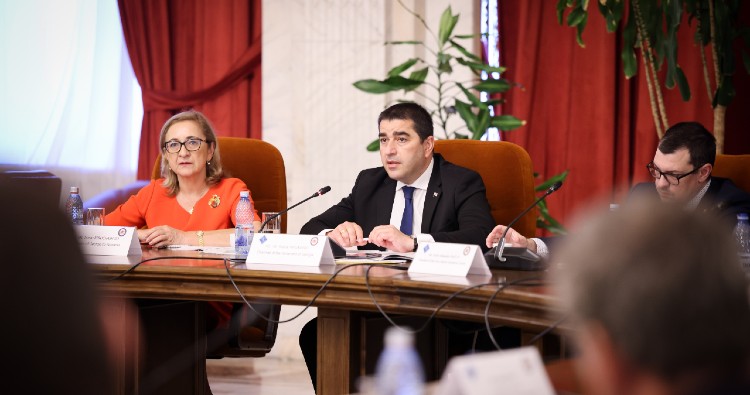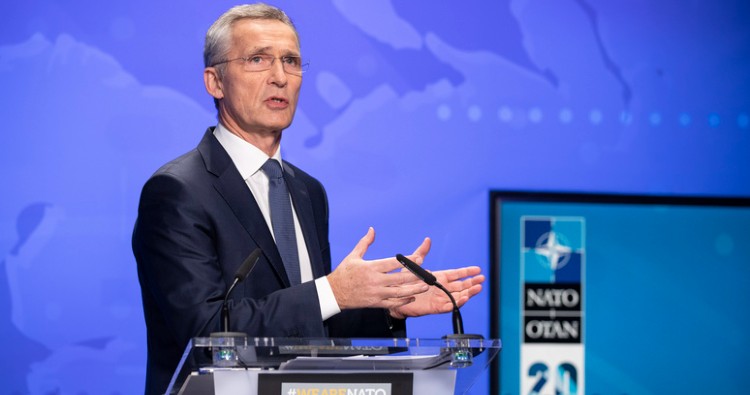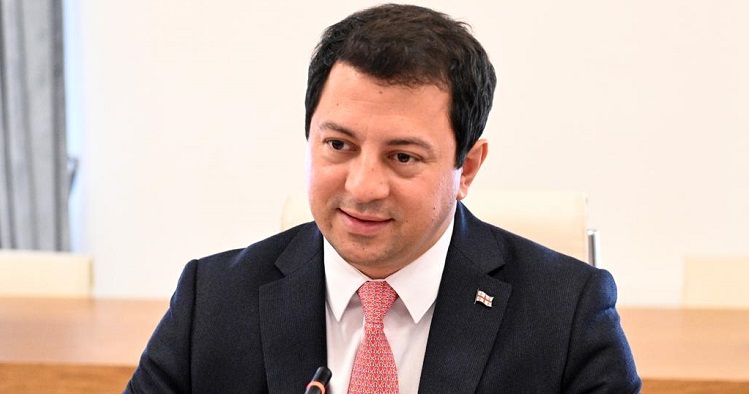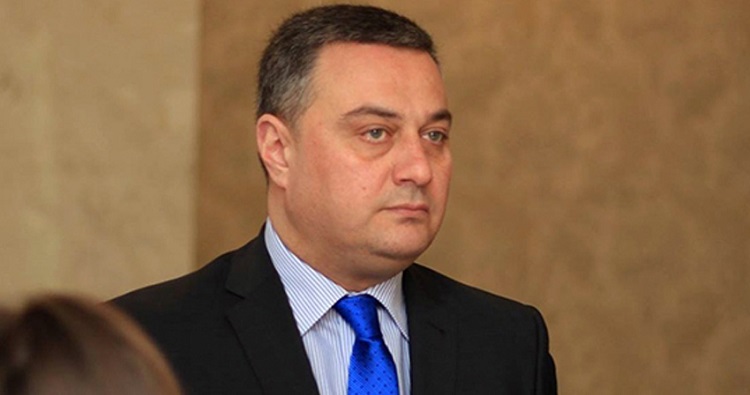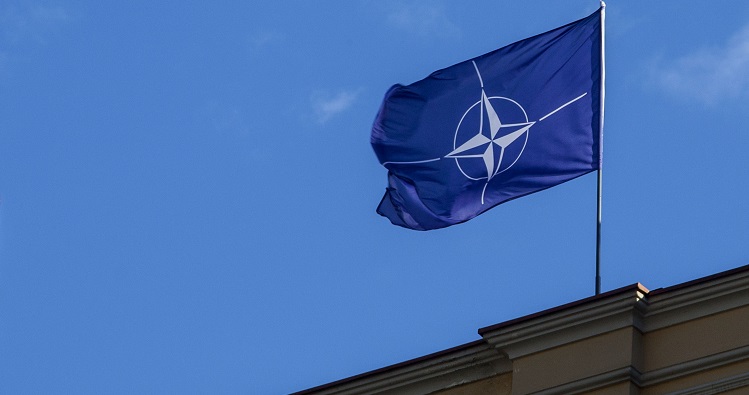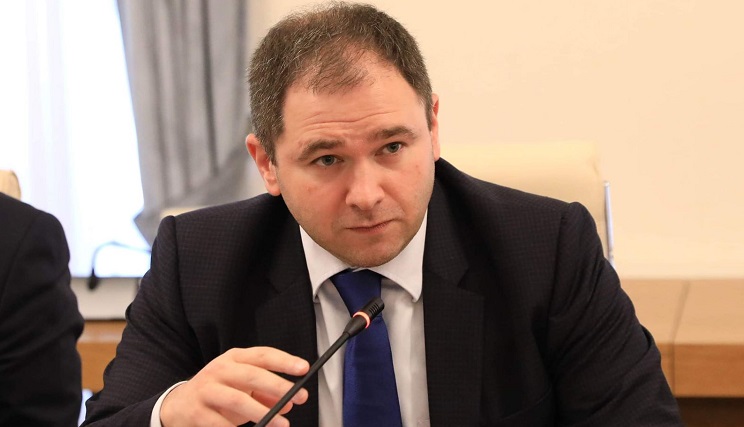Georgian parliamentary delegation participating in NATO PA annual session in Copenhagen
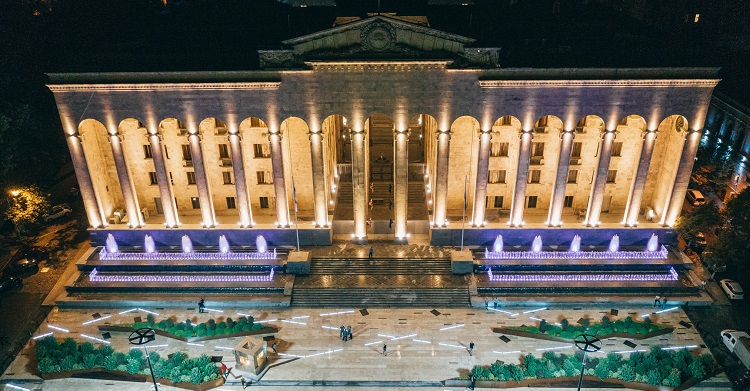
“Our main task is to clearly show the NATO allies the urgent need for Georgia's integration into NATO, the need to speed up the political decision in this direction [...] Georgia meets all the criteria for joining the Alliance, it has been ready to join NATO for a long time", the Parliament official noted. Photo via Parliament of Georgia
The Georgian parliamentary delegation, led by Irakli Beraia, the Chair of the Defence and Security Committee, is participating in the 69th Annual Session of the NATO Parliamentary Assembly in Copenhagen.
The Session, held from Saturday to Monday, will discuss global security, including the ongoing Russia-Ukraine war and its impact on the security of the Euro-Atlantic space. Alliance’s open door policy will also be the topic of discussion among other important issues, the Parliament press office said.
Beraia highlighted the importance of participating in “an important parliamentary platform” and noted the NATO PA always expressed its “unwavering” support for Georgia’s sovereignty and territorial integrity, as well as for Euro-Atlantic and European integration, further reinforcement of the country’s security, defence capabilities and resilience.
Our partners understand well the invaluable role of Georgia in the security of the Euro-Atlantic space, recognise the impressive progress achieved by Georgia in the process of compatibility [with Alliance] and Euro-Atlantic integration as a whole, and note that Georgia's place is in NATO", Beraia stressed.
“Our main task is to clearly show the NATO allies the urgent need for Georgia's integration into NATO, the need to speed up the political decision in this direction [...] Georgia meets all the criteria for joining the Alliance, it has been ready to join NATO for a long time", the Parliament official noted.
He emphasised the delegation would discuss the security challenges in Georgia, the consequences of the Russian occupation and “the need to increase pressure” on the occupying state.
 Tweet
Tweet  Share
Share
